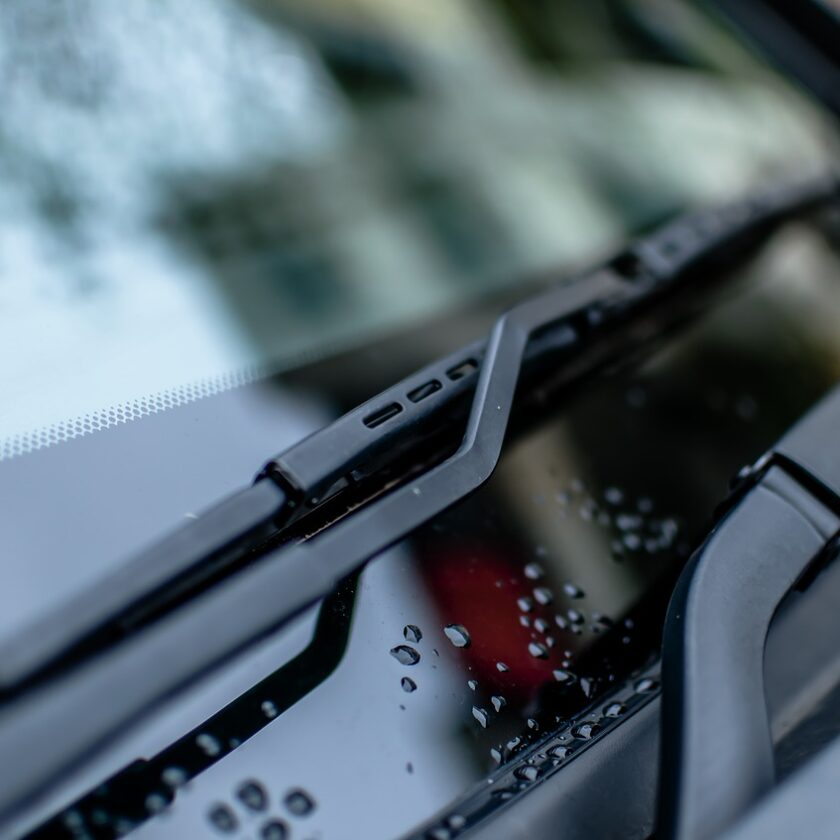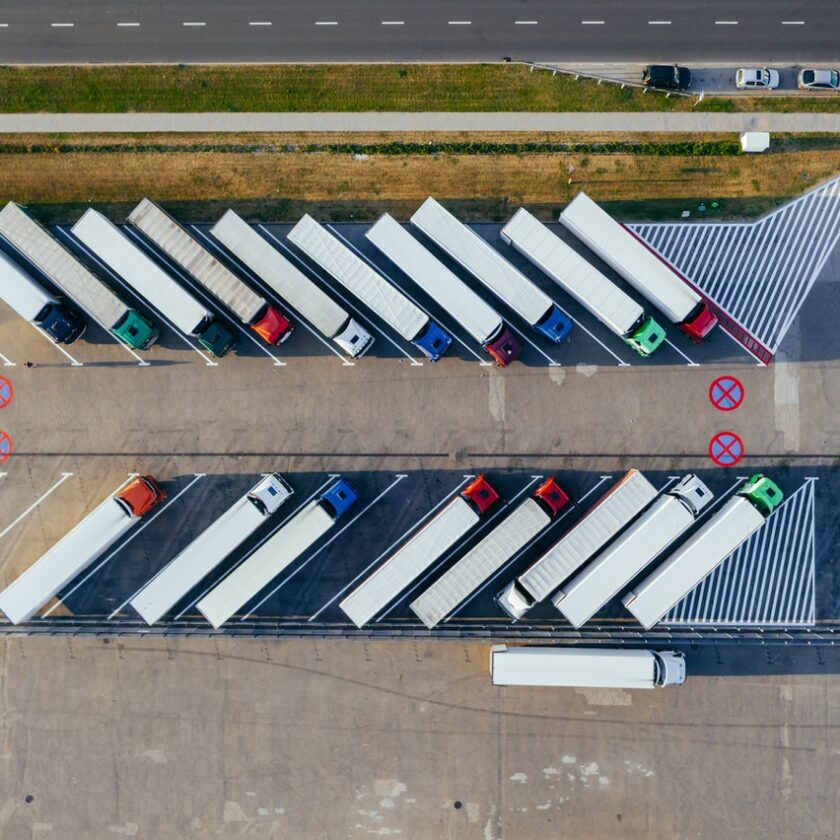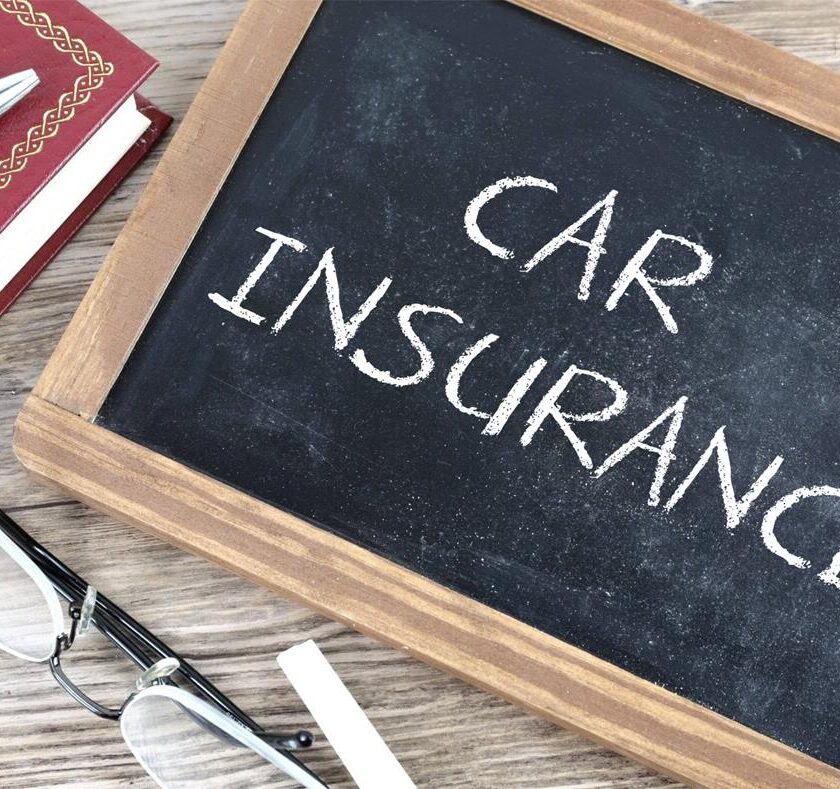It is not that big of a secret, after all the turmoil we have experienced since the beginning of the year, the future economic outlook doesn’t look all that healthy. These circumstances will put a lot of pressure on small business owners to deliver when it matters the most. How does this relate to your business vehicle fleet?
Well, if managed properly, a powerful vehicle fleet can be an asset that will allow you to edge out the competition and improve the profitability of your business. If neglected, you will produce a sinkhole that will drain your already stretched resources.
Let’s see what you can do to avoid the latter scenario.

Establish procedures for safe and economical driving
Causing the repair costs that can range anywhere from a couple of hundreds to a couple of thousands of dollars, car accidents are one of those disasters that can bring your small business to a halt. That is why you should establish formal procedures that should help the drivers to avoid accidents and bring the vehicle attrition to an acceptable level. This document should outline:
- Steps and instructions for servicing and maintenance
- Guidelines for good driving behavior
- Reporting procedures and communication channels
Without this compliance system, downtime, road accidents, and driver injuries are far more likely to occur, leading to crippling expenses.

Automate important fleet management processes
This is a trend we can notice all around the globe. For instance, if we take Australia as an example of a developed country, we can see a growing number of small businesses located in economic hubs like Sydney put important fleet management processes under the supervision of AI. The benefits are obvious – machines are much more capable than humans when it comes to tasks like data collection, scheduling, finding optimal routes, etc. This way, idling and the possibility of human error are cut to the minimum.

Keep the vehicles in pristine condition
The math here is simple – a poorly maintained vehicle lags behind and features a poor fuel economy. So, do your best to keep the fleet road-worthy to the largest extent possible. For instance, something that seemingly doesn’t affect the performance like the windscreen damage is one bump away from putting the driver into serious danger. But, if we once again take Australia’s unofficial capital as an example, we can find professionals who perform windscreen replacement in Sydney that can handle on-site interventions. So regardless of the situation, you have no excuse to keep the vehicles compromised.

Pay attention to the total cost of the ownership
Still, no matter how hard you try to keep the vehicles fit, there comes a point where investing in them no longer makes sense. So, any kind of efficient management and long-term financial planning can be imagined without having a good grasp of the cars’ TCO (Total Cost of Ownership). The elements you should take into consideration to get to this number are as follows:
- Fuel consumption
- Maintenance and tire costs
- Insurance costs and premiums
- Taxes
Keeping track of these things is an excellent way to compare brands, models, and driver practices as well as outline your long-term fleet development plan.

Keep the vehicles insured
Of course, we are talking about moving past the regular automotive insurance and investing in coverage that can help you repair or replace the vehicles in case of more serious accidents. One of the policies you should definitely take into consideration is the collision insurance that covers the damage that occurred in a collision with another car or stationary object due to a mistake of an insured driver. Adding comprehensive insurance to the portfolio will address situations like arsons, vandalism, theft, etc. albeit at the average cost of $136 per annum. Purchasing both insurance packages, however, may open up the way for some discounts.
All the things we have covered above may look overly thorough or even excessive. But, the alternatives are really not acceptable. So, the fleet management needs to be performed and needs to be performed professionally. It is up to you to decide whether you are going to put enough effort into it to the point where your fleet will become one of your strongest business assets. We say it’s well worth the try. The opportunities for outpacing the completion will only become scarcer as time goes by.





